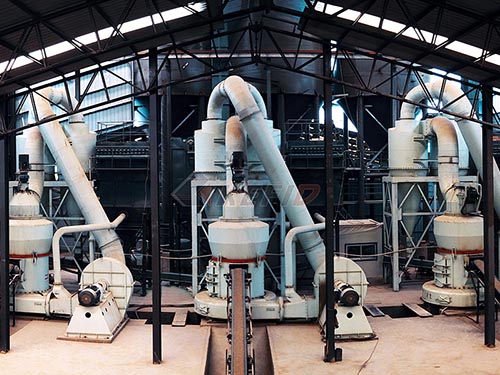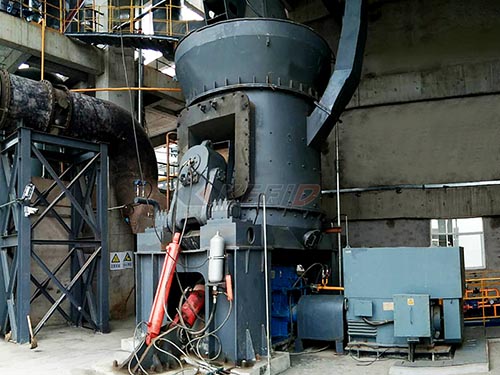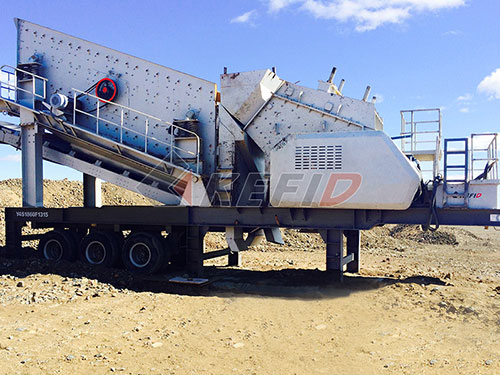The Mini Crusher Price Guide: Value, Options & Smart Buying Tips

The demand for efficient, mobile, and cost-effective material processing has propelled mini crushers into the spotlight. Often referred to in market searches by terms like “Harga Crusher Mini” (focusing on price), these compact powerhouses offer significant advantages for smaller-scale demolition, recycling, construction, and mining operations. Understanding the factors influencing their price is crucial for making an informed investment.
Why Choose a Mini Crusher?

Mini crushers deliver substantial value where larger stationary plants are impractical or too expensive:
1. Mobility & Accessibility: Their compact size and often track-mounted or trailer-based designs allow them to operate directly on-site – in tight urban spaces, remote locations, or right next to the demolition pile – eliminating costly material transport.
2. Lower Capital Investment: Compared to massive primary crushers and complex fixed plants, mini crushers represent a significantly lower upfront cost barrier to entry.
3. Operational Efficiency: Reduce haulage costs dramatically by processing materials where they lie. On-site crushing transforms waste into valuable aggregate immediately.
4. Versatility: Capable of handling concrete, bricks, asphalt, natural rock (like limestone), and sometimes even glass or C&D waste.
5. Reduced Environmental Impact: On-site processing minimizes truck traffic and associated emissions.
Navigating “Harga Crusher Mini”: Price Factors
The price of a mini crusher is not a single figure; it varies widely based on several critical specifications:
1. Type of Crusher:
Jaw Crushers: Excellent for hard rock and abrasive materials; generally have a higher initial cost but offer robust performance. Prices typically start higher than other mini types.
Impact Crushers (Hammer Mills): Ideal for softer materials like asphalt, concrete, and limestone; produce a more cubical product. Often represent a mid-range price point.
Cone Crushers (Less common in true mini): Best for secondary crushing of hard rock; usually found in slightly larger mobile units.
Roll Crushers: Simpler design for softer materials; can be very cost-effective but less versatile.
2. Size & Capacity:
Feed Opening Size: Dictates the maximum rock size it can accept.
Throughput Capacity (Tons Per Hour – TPH): Higher capacity models command higher prices.
3.

Leave a Reply